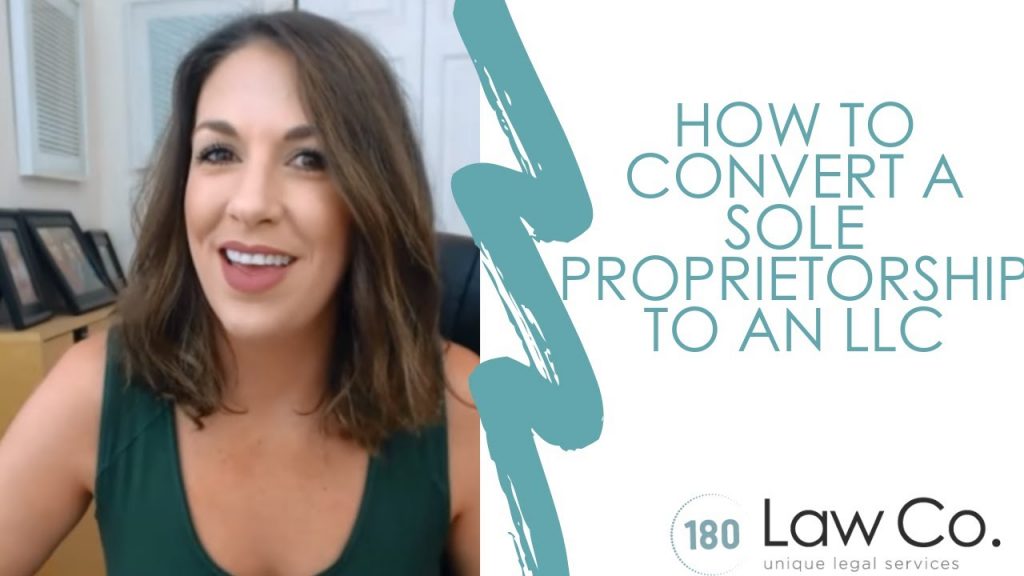Buying Rental Property with a Limited Liability Company (LLC)

The information provided in this video should not be construed or relied on as legal advice for any specific fact or circumstance.
Its content was prepared by Anderson Business Advisors with its main office at 3225 McLeod Drive Suite 100 Las Vegas, Nevada 89121. This video is designed for entertainment and information purposes only. Viewing this video does not create an attorney-client relationship with Anderson Business Advisors or any of its lawyers. You should not act or rely on any of the information contained herein without seeking professional legal advice.
What are the advantages of using an LLC to buy rental properties?
As an investor, you might be wondering whether it makes sense to buy rental property through a limited liability company (LLC). An LLC is a common legal entity that provides limited liability protection to its members, and it is a popular choice for real estate investors. This article will explore the advantages and disadvantages of buying rental property with an LLC, as well as the steps involved in forming one.
Advantages of Buying Rental Property with an LLC
Limited Liability Protection: One of the major advantages of using an LLC to buy rental properties is that it provides personal liability protection for the members of the LLC. In case of any legal action or lawsuit against the business, the personal assets of the members are protected. This feature provides certainty and protection to safeguard your financial well-being.
Pass-Through Taxation: LLCs are pass-through entities, which means that the profits and losses of the business pass through to the individual members for tax purposes. Therefore, the LLC does not pay federal income tax, but instead, the individual members report their share of the profits and losses on their individual tax returns, which in turn reduces the tax liability.
Flexibility: LLCs offer flexibility in terms of the management structure and composition. The members can decide to hire a manager or manage the business themselves. This allows for easy management and decision-making, which can positively impact the business.
Privacy: When you purchase rental properties through an LLC, you can have more privacy since the LLC, not individual members, is the owner of the property. This makes it harder for opportunistic parties to sue.
Disadvantages of Buying Rental Property with an LLC
Cost: One of the primary disadvantages of forming an LLC to buy rental property is the cost involved, both in terms of formation fees and ongoing maintenance fees, such as annual taxes and filing fees. However, this cost is relatively small compared to the benefits of the LLC structure.
Complexity: The process of forming an LLC can be complex and time-consuming, and it’s important to research online or consult with a professional to ensure that you comply with state laws and regulations.
Steps for Forming an LLC
To form an LLC for rental property ownership, you will need to follow these simple steps:
1. Choose a business name: Choose a name that reflects the nature of the LLC and can be used to market your business. However, you should ensure that the chosen name is not already taken by another registered business entity in your state.
2. File Articles of Organization: To form an LLC, you will need to file Articles of Organization with the secretary of state’s office in the state where you plan to do business. The filing fees vary by state.
3. Draft an Operating Agreement: An operating agreement outlines the roles, responsibilities, and rights of each member of the LLC. Although this document is not a requirement in most states, it’s a prudent step to safeguard your business and liability protection. Operating agreements can be drafted by your attorney or with online templates.
4. Obtain necessary licenses and permits: Depending on the state, businesses may need to obtain additional licenses and permits to legally operate. Research your local and state requirements for operating a rental property LLC.
Conclusion
Buying rental property with an LLC offers many benefits, such as limited liability protection, pass-through taxation, flexibility, and privacy. However, it’s important to consider the cost, complexity, and additional steps required to form an LLC. Ultimately, it’s a wise choice to consult with an attorney or other experienced professionals to fully evaluate your options and maximize your profits. By forming an LLC, you can protect yourself and your assets while generating rental income and financial growth.




































